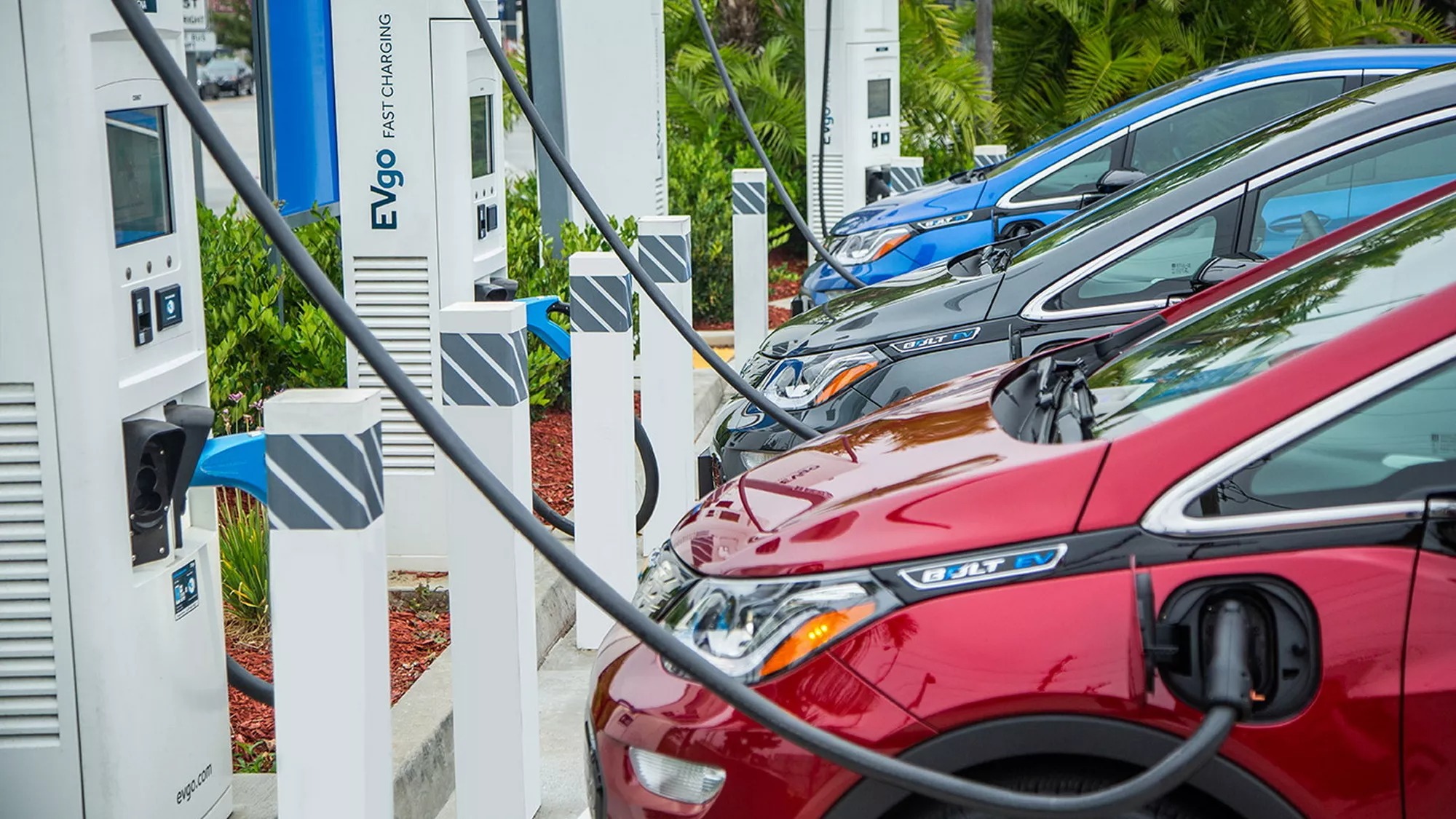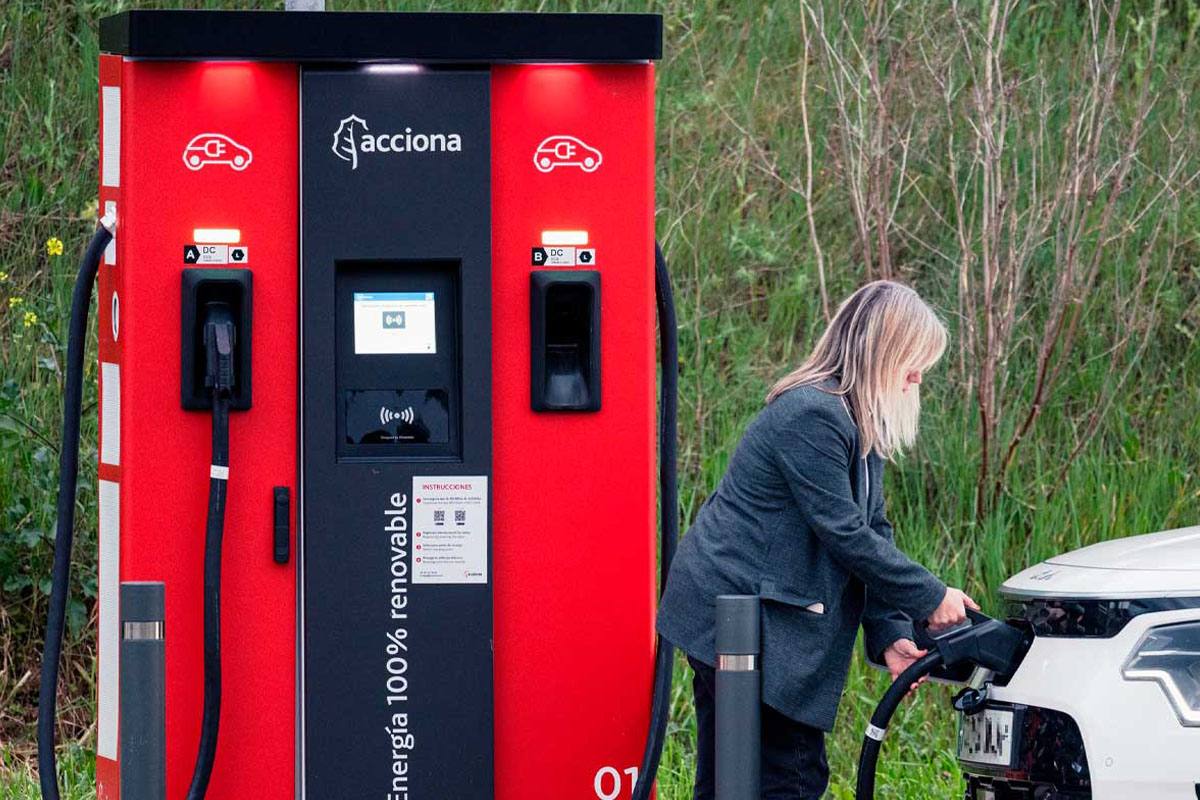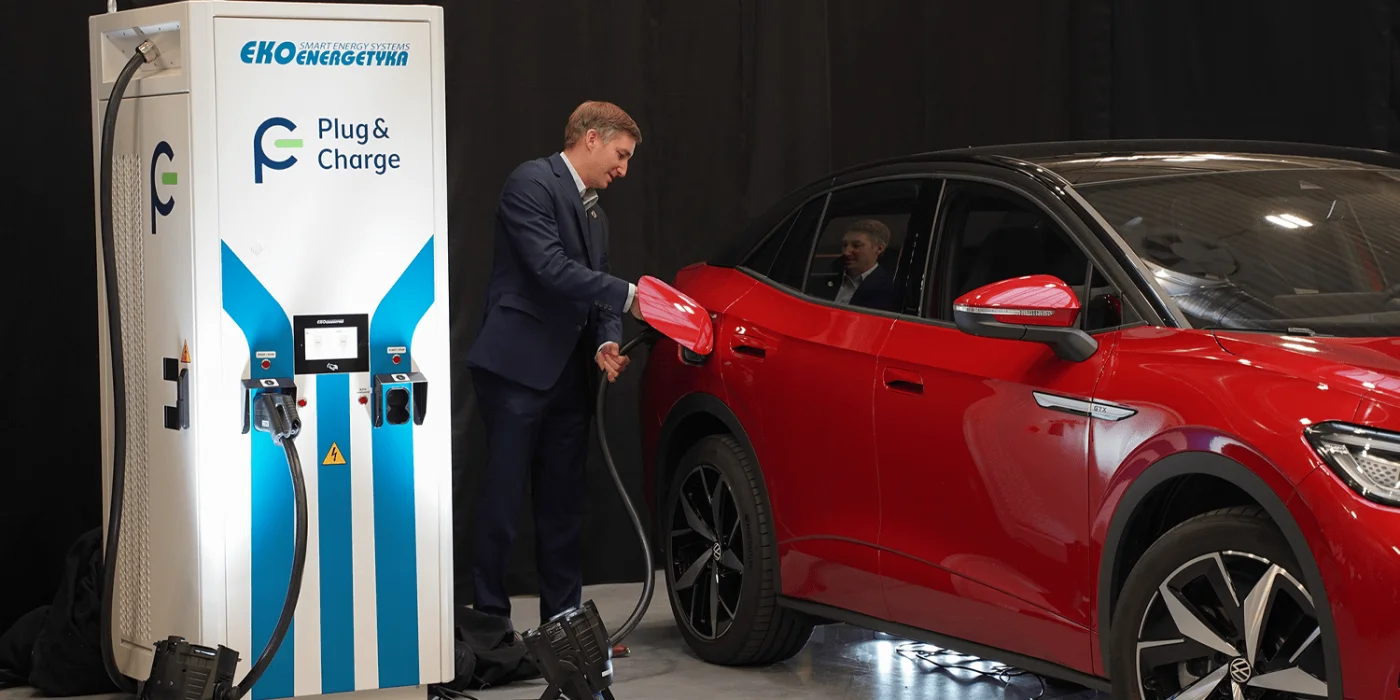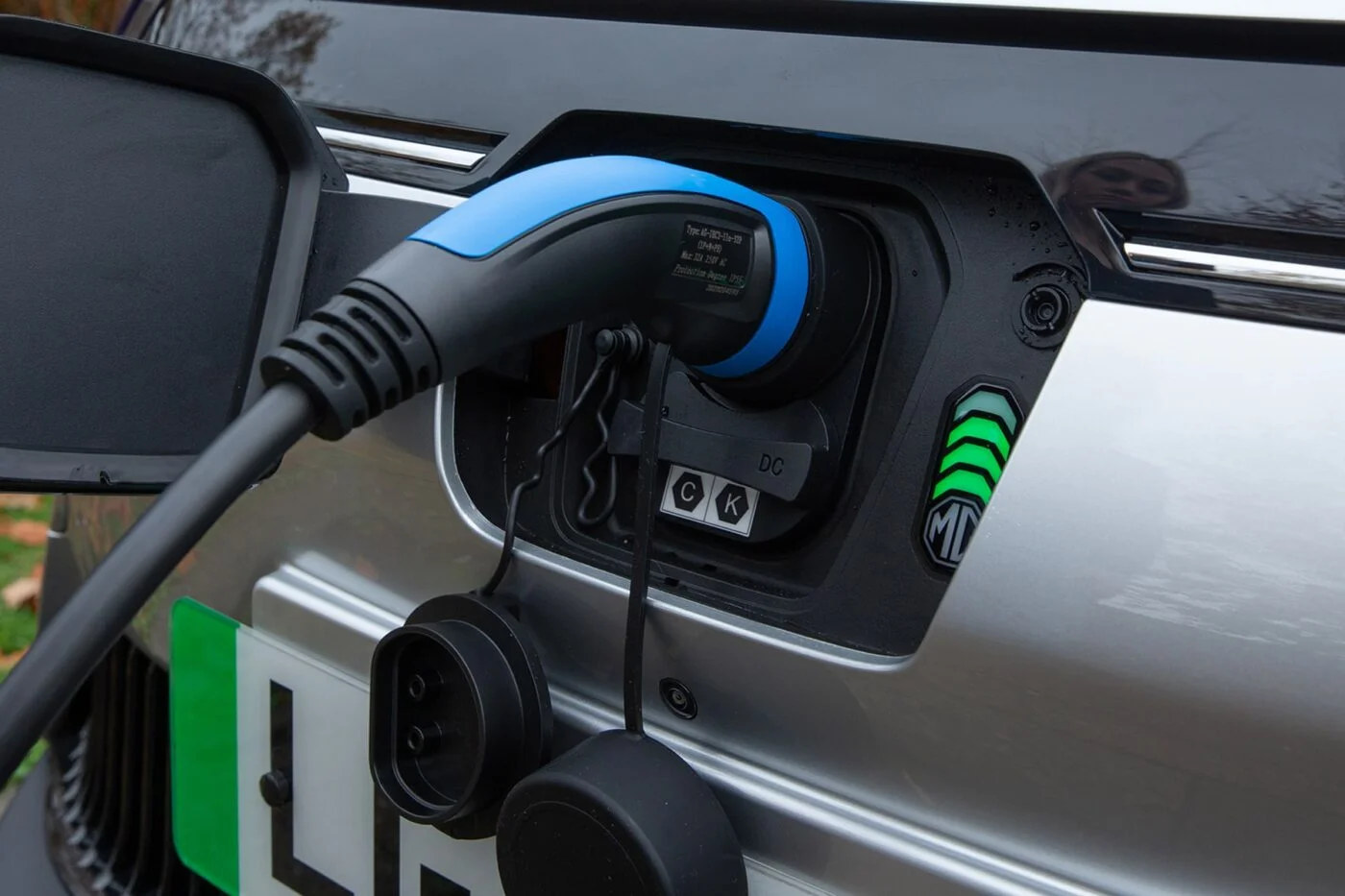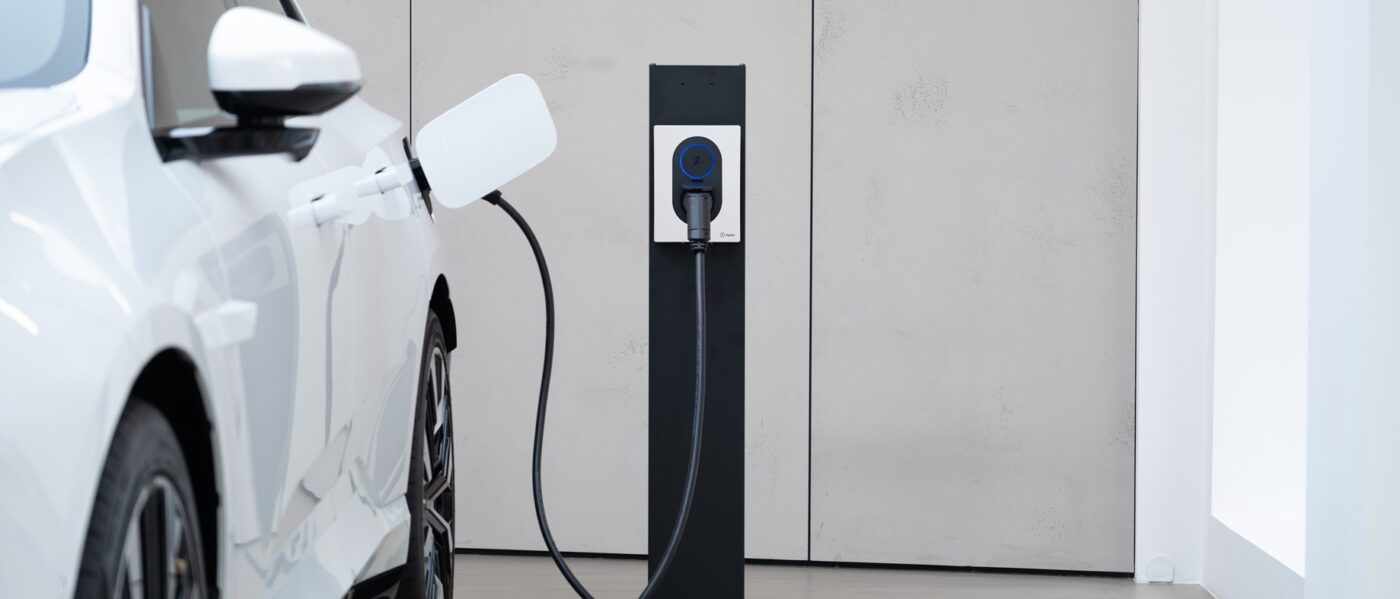The U.S. government has launched a $1.3 billion funding round to build charging stations and alternative fuelling infrastructure, including hydrogen and gas, in urban, rural, and highway areas. Applications for this funding will be accepted until August 28, 2024.
This funding marks the largest round to date under the Charging and Fueling Infrastructure (CFI) Discretionary Grant Programme, which has a total budget of $2.5 billion. The programme supplements the National Electric Vehicle Infrastructure (NEVI) Formula Programme, which recently allocated an additional $150 million to repair aging charging infrastructure across the country.
The CFI programme is divided into two categories: Community charging and fuelling grants, and Alternative Fuel Corridor grants. The former aims to deploy publicly accessible EV charging infrastructure and hydrogen, propane, and natural gas fuelling infrastructure in urban and rural communities. The latter is designed to establish routes across the U.S. with publicly accessible EV charging infrastructure and hydrogen, propane, and natural gas fuelling infrastructure.
The previous round of CFI funding in 2024 funded 47 projects in 22 states and Puerto Rico, resulting in about 7,500 new charging ports. This round received about six times as many applications as the number of projects funded, indicating strong support for the initiative. Over $520 million from the current funding is reserved for “unselected first-round applicants who may be reconsidered for the current round of funding.”
Gabe Klein, Joint Office Executive Director, commented, “By helping connect our nation’s communities and corridors, the Joint Office and FHWA are modernizing the nation’s infrastructure and creating new job and transportation opportunities.”
This funding announcement coincides with the U.S. government’s recent announcement of $100 million in subsidies for small and medium vehicle manufacturers to electrify their products. Building up an electric vehicle ecosystem quickly is crucial for the U.S., especially considering the potential unpopularity of imports from China due to import tariffs. Similar initiatives are also being considered in Europe, with a final decision postponed until after the pending European Parliament elections.

